Your cart is currently empty!
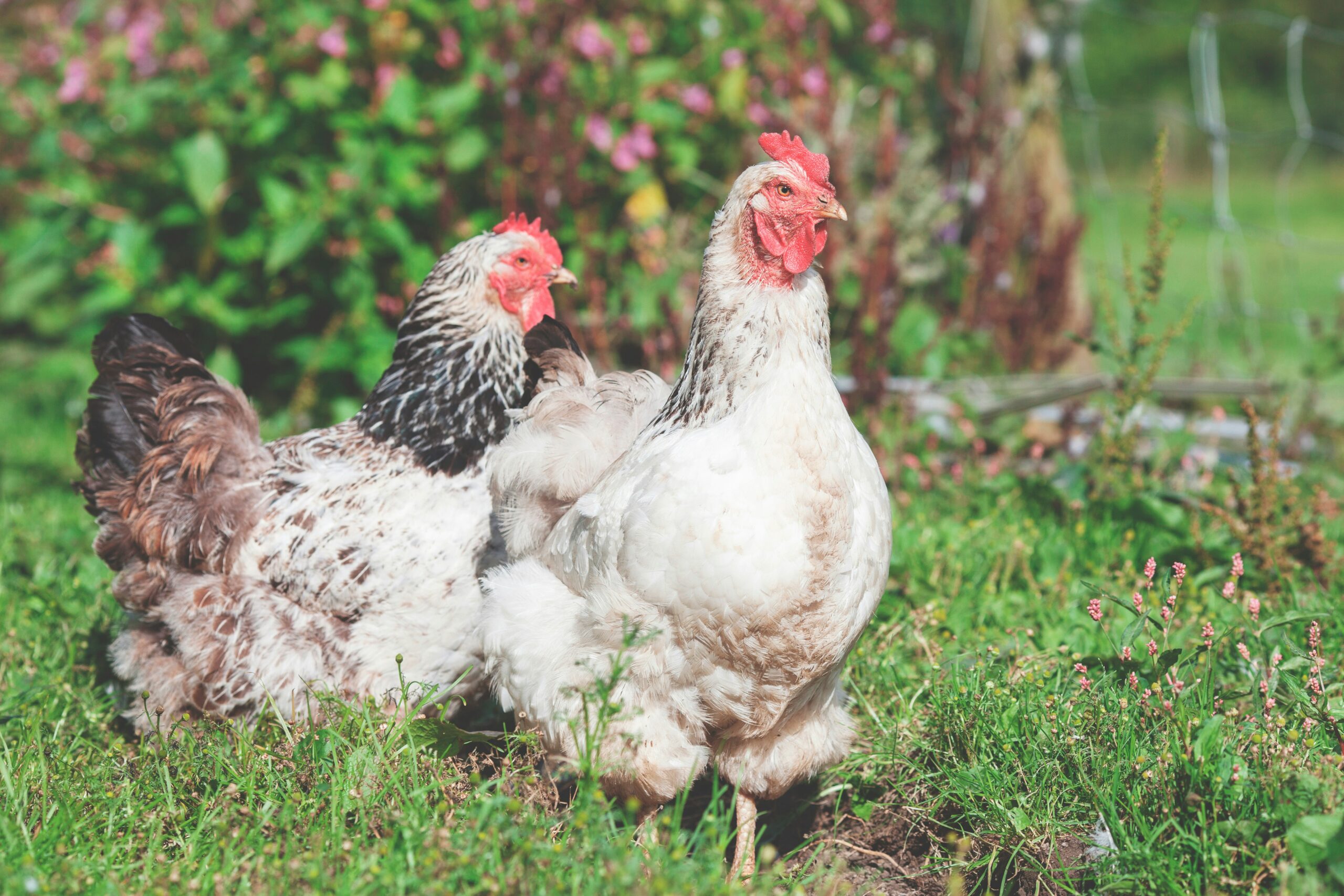
Do Chickens Qualify for Property Tax Ag Exemption in Texas?
Posted by:
|
On:
|
How Raising Chickens Can Qualify You for an Agricultural Exemption in Texas
Raising chickens isn’t just about fresh eggs and sustainable farming—it can also help Texas property owners significantly reduce their property tax burden. Through an agricultural exemption (commonly referred to as an “ag exemption”), landowners can have their property taxed based on agricultural productivity rather than its market value. This blog focuses on how chicken farming can qualify for an ag exemption under the Texas Property Tax Code and explains the eligibility requirements, benefits, and application process.
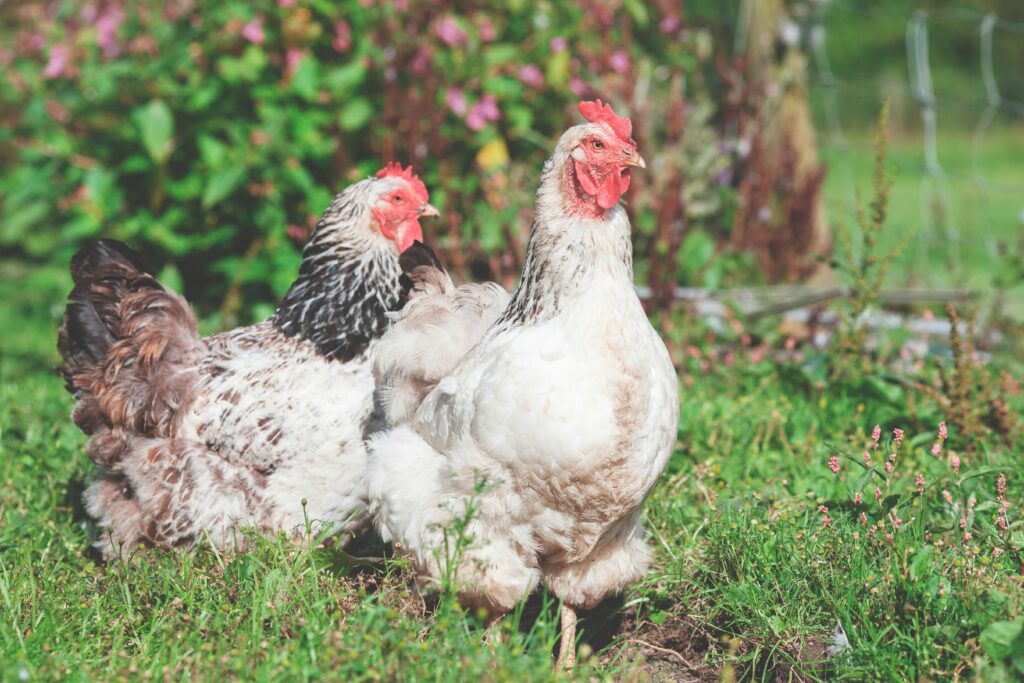
What is an Agricultural Exemption?
An agricultural exemption provides property owners with substantial tax savings by appraising their land based on its agricultural productivity value rather than its market value. For those raising chickens in Texas, this exemption can significantly lower property tax bills if the operation meets the specific criteria established by the local county appraisal district.
The exemption, often called a “special use appraisal,” is designed to incentivize agricultural practices, including raising poultry for eggs, meat, or other agricultural purposes. This tax exemption plays a crucial role in encouraging sustainable farming while supporting the local economy.
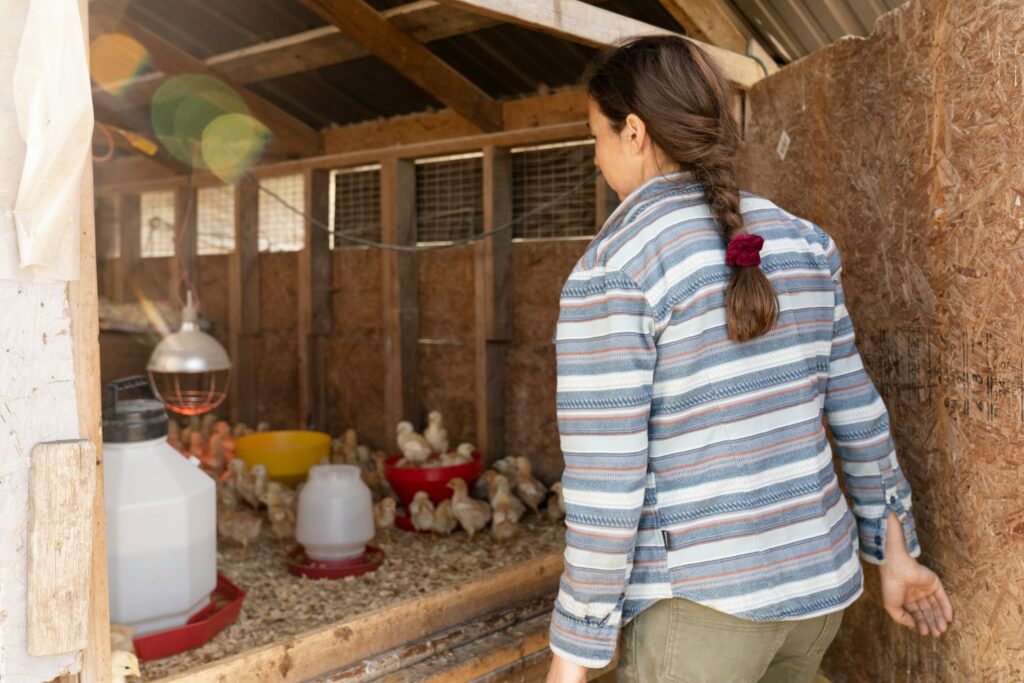
Eligibility Requirements for a Chicken Agricultural Exemption
To qualify for a Texas ag exemption for chicken farming, you must meet the following requirements:
1. Qualifying Agricultural Use
The land must be used primarily for agricultural purposes. Chicken operations that qualify include:
- Egg Production: Selling eggs for human food or animal feed.
- Meat Production: Raising broiler chickens for commercial sale.
- Breeding and Sales: Breeding chickens for fertilized eggs, chicks, or pullets.
Backyard chickens raised for personal use typically do not qualify under the Texas Property Tax Code. However, if the operation generates agricultural products for sale, it is likely to meet the criteria.
2. Minimum Acreage Requirements
Most counties in Texas have minimum acreage requirements for agricultural operations. Poultry farming often requires less acreage than other agricultural activities, but each county determines the required number of acres of land for poultry farming to qualify for the tax exemption. Contact your local county appraisal district to find out the specific acreage requirements.
3. Intensity Standards
The “degree of intensity” refers to the minimum level of agricultural production required to qualify for the exemption. For chicken farming, this could include:
- A required number of hens, roosters, or broilers based on the acreage.
- Producing a minimum number of eggs annually.
- Meeting the county’s guidelines for agricultural production, such as maintaining proper flock size and management practices.
For example, Travis County might require a minimum flock size of 100 laying hens to meet their intensity standards for ag valuations.
4. Years of Agricultural Use
Most counties require that the property be used for agricultural purposes for at least five of the past seven years. This ensures the exemption is only granted to long-term agricultural landowners and prevents misuse of the tax break. Failing to meet this requirement could lead to years of rollback taxes for the landowner.
How to Apply for an Agricultural Exemption for Chickens
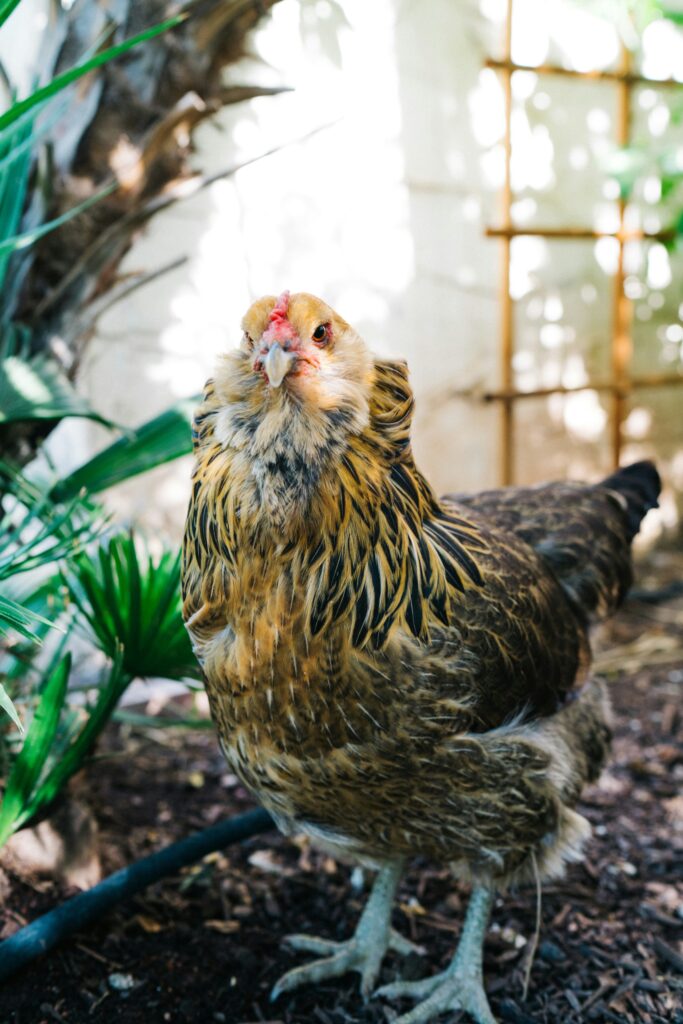
Step 1: Contact Your County Appraisal District
The first step is to reach out to your local county appraisal district to learn the specific requirements for your geographic location. Each district has its own minimum acreage requirements, intensity standards, and forms.
Step 2: Submit an Application
Complete the application for a special valuation method (often called a special ag valuation) and provide documentation such as:
- Records of chicken sales or egg production.
- Receipts for feed or necessary expenses for poultry care.
- Evidence of meeting the minimum intensity standards.
Step 3: Maintain Compliance
Once approved, continue to meet the specific requirements for agricultural productivity, such as maintaining the flock size and producing agricultural products like eggs or meat.
Step 4: Renew Annually
Many counties require landowners to renew their exemption annually to ensure compliance with Texas property tax code requirements.
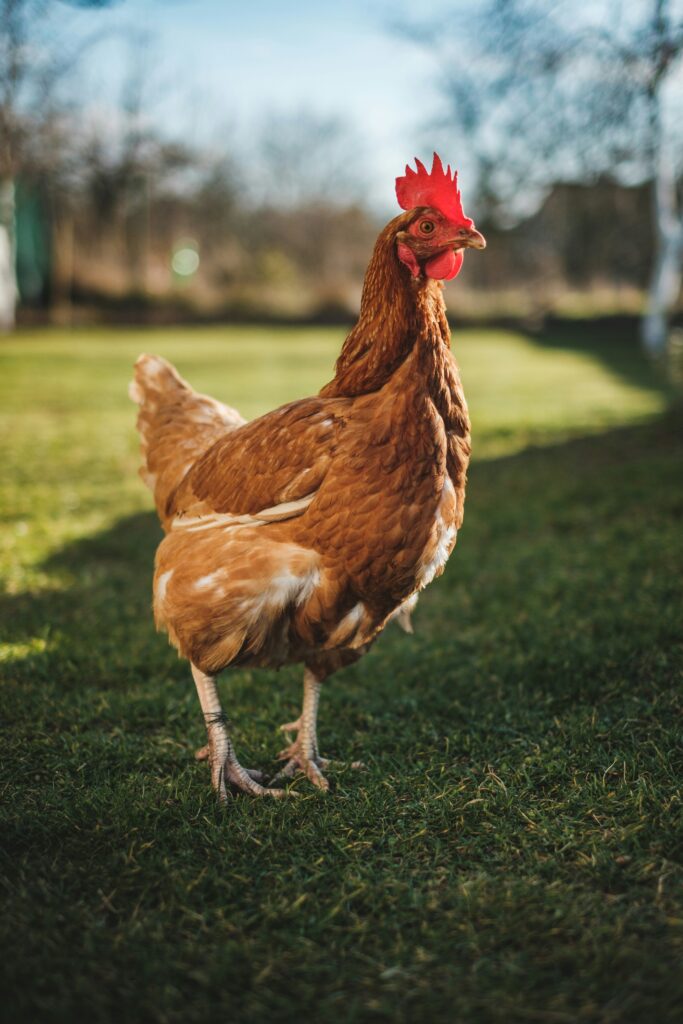
Benefits of Raising Chickens for an Agricultural Exemption
Raising chickens can provide significant property tax benefits for Texas landowners. Here are some key advantages:
1. Property Tax Savings
By lowering the productive agricultural value of the land, an ag exemption can substantially reduce your property tax bill, making land ownership more affordable.
2. Encourages Sustainable Agricultural Practices
Chicken farming supports sustainable agricultural activities, including egg production and meat production, which contribute to local food supplies and agricultural productivity.
3. Smaller Land Requirements
Unlike larger livestock, chickens require less land and infrastructure, making them an ideal choice for properties with minimum acreage requirements.
4. Supports the Local Economy
Selling eggs or meat locally bolsters the economy and promotes agricultural products within Texas communities.
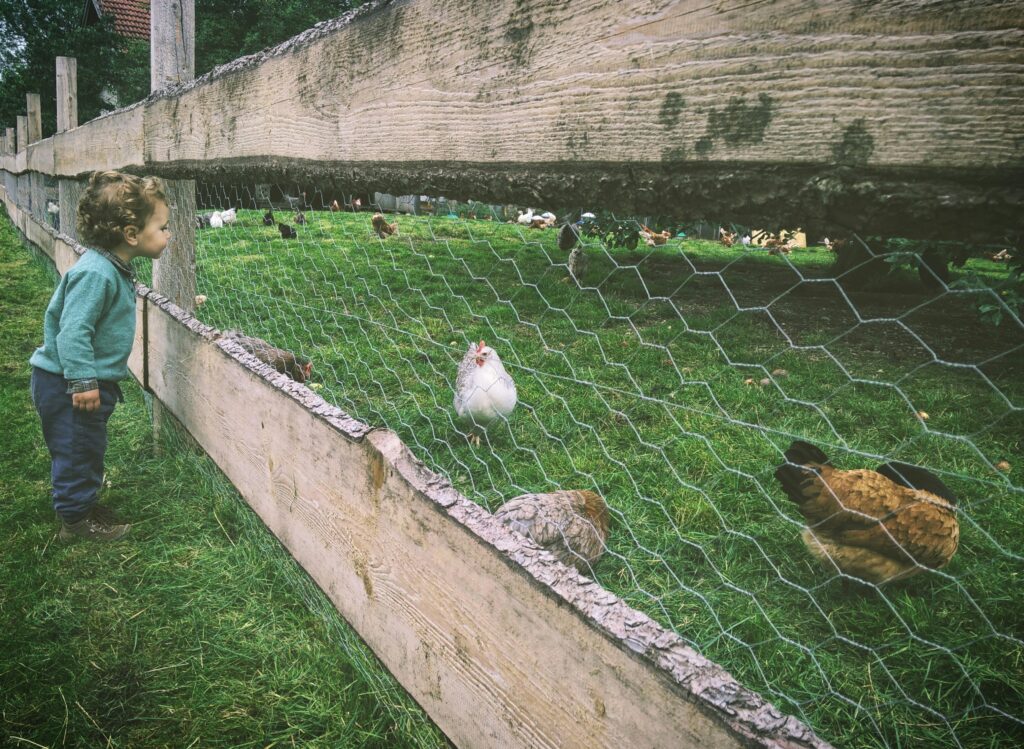
Challenges of Qualifying for a Chicken Ag Exemption
While raising chickens for an ag exemption is a great way to save on taxes, it comes with a few challenges:
- Record-Keeping: You must maintain detailed records of sales, expenses, and flock management practices.
- Meeting Intensity Standards: Counties may require a commercial-scale operation, which could be challenging for small-scale farmers.
- Rollback Taxes: If you discontinue agricultural use, you may owe rollback taxes for the previous five years.
Websites and Resources for Chicken Farmers
To learn more about qualifying for an agricultural exemption in Texas, these resources can help:
- Texas Comptroller of Public Accounts
- Comprehensive information about agricultural exemptions and property tax rates in Texas.
- Texas A&M AgriLife Extension
- Resources on poultry farming, agricultural production, and sustainable practices.
- Texas Parks and Wildlife
- Guidance on wildlife exemptions, which may complement agricultural purposes.
- Travis County Appraisal District
- Example of a county-specific appraisal district with information on ag valuations and intensity standards.
- Texas Farm Bureau
- Advocacy and resources for farmers and ranchers, including chicken producers.
- USDA Backyard Poultry
- Guidelines for raising healthy flocks and ensuring proper management practices.
- Chicken Farming Tips from the Poultry Site
- Industry-specific resources for chicken farmers, including production techniques and business planning.
Final Thoughts
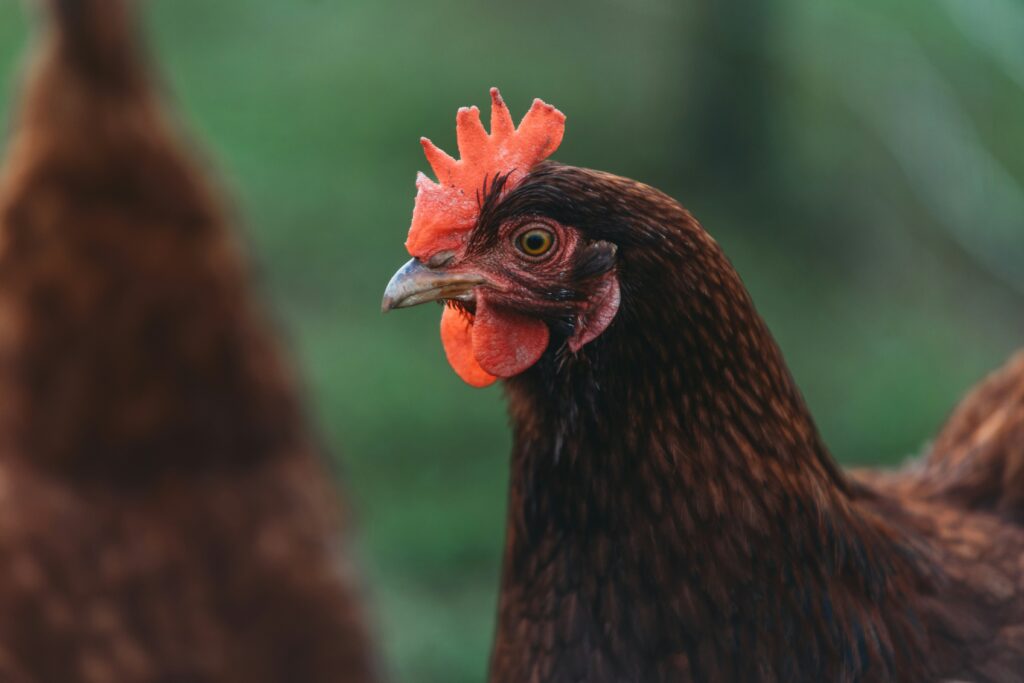
Raising chickens can be more than a hobby—it’s a legitimate agricultural activity that can help Texas landowners qualify for significant tax savings through an agricultural exemption. By understanding the eligibility criteria, meeting minimum acreage requirements, and adhering to intensity standards, you can reduce your property tax burden while contributing to Texas’s agricultural productivity.
Whether you’re running a commercial egg production business, raising broilers for meat, or managing a dual-purpose flock, chickens play a crucial role in supporting both your finances and the local economy. Start by contacting your local county appraisal district to begin the application process and take advantage of the tax savings provided by the Texas Property Tax Code.
For more information, visit the resources above and explore how your poultry operation can unlock significant tax savings. With proper management, your chickens can do more than lay eggs—they can provide long-term financial benefits for your property.